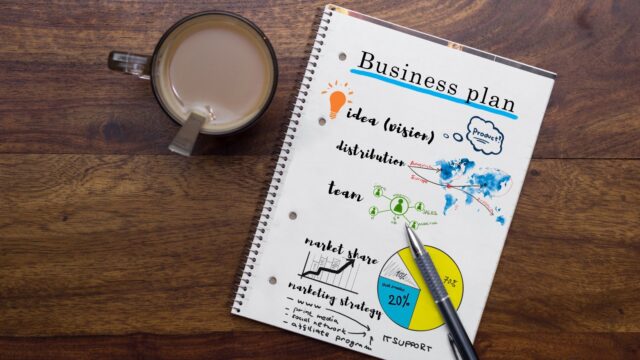The average investor makes 38 trades per year, buying or selling an average of £1,762 worth of stocks each time, according to new research from the personal finance comparison site finder.com.
Trading US stocks, like Tesla and Apple – which are consistently among the most popular on UK trading platforms – could cost up to £32.67 extra per trade, depending on which platform they use. That totals a staggering £1,241 over a year.
The cheapest app they could pick to trade these is Degiro, as they would pay £1.76 in fees for a trade of £1,762, and £66.98 over the year if they traded this amount 38 times. In contrast, the most expensive app is interactive investor, which would cost £34.43 in fees per trade and £1,308 over the year.
Finder.com collected and analysed all publicly available trading and FX (currency) fees for 14 of the leading investing brokers, when trading US stocks, and found a wide range of trading fees and FX fees.
Lifetime fees really stack up
If the average trader was to buy and sell US stocks at the average rate for a decade, they would pay an average of £6,415 in fees. However, the difference between the most expensive and cheapest would be £12,414. 3 platforms would have fees above £10,000, with one above £13,000, while 3 platforms, eToro, Freetrade and Stake, would have fees of under £3,500, with Degiro below £700.
If younger investors were to continue trading for the next 40 years at this rate, they would pay an average of £25,660 in fees. The difference between the most expensive and cheapest apps is particularly big here, standing at £49,655. This is because 3 platforms would have fees over £40,000, including 1 over £52,000, vs less than £2,700 with Degiro and around £4,000 with Trading 212.
Fees for beginner investors
Unsuspecting traders may be using platforms that they might not be suited to, with beginner investors particularly vulnerable to apps or sites that charge high platform fees for research tools they may not use.
As an example, someone trading with just £50 at a time via Hargreaves Lansdown would end up paying £12.45 in fees alone – 25% of the stock amount.
If they traded £50 once a week for a year, this would cost them £647.40 in fees (for trading shares worth £2,600). Cheaper alternatives such as Degiro, Freetrade and eToro would charge just £2.60, £11.70 and £13 in total for the year.
Fees for experienced investors
Many experienced investors are attracted to the security and trust that leading brands such as Hargreaves Lansdown, Halifax and interactive investor provide. While they undoubtedly have higher fees, these become slightly less pronounced as the amounts traded rise. If a wealthy investor was buying US shares worth £10,000 at a time, the fees would be £111.95, £125 and £157.99 respectively. Newer trading apps Degiro, Freetrade and eToro would charge £10, £45 and £50 each.
Here is an up-to-date list of trading platforms that are covered by the Financial Services Compensation Scheme (FSCS) (or just ‘have a protection guarantee).
Commenting on the findings, Zoe Stabler DipFA, investment writer at finder.com, said: “As with all products, there is no one broker that will be the best option for everyone. Some are clearly more suited to those trading with low amounts, but you also have to factor in the design of the apps, how much you trust your money to them, plus the educational and research tools that the more expensive brokers tend to provide.
“Most reputable brokers should be covered by the Financial Services Compensation Scheme (FSCS), which means up to £85,000 of your capital is protected if the platform goes bust. However, if they’re based in another country they may not have their own protection scheme so be sure to check – here is a list of platforms that offer protections for your money.
“It’s also worth remembering that if you decide to open or switch a self-invested personal pension (SIPP) to an investing broker then the amount you’ve invested could exceed £85,000, so you need to feel that your money is safe.”




